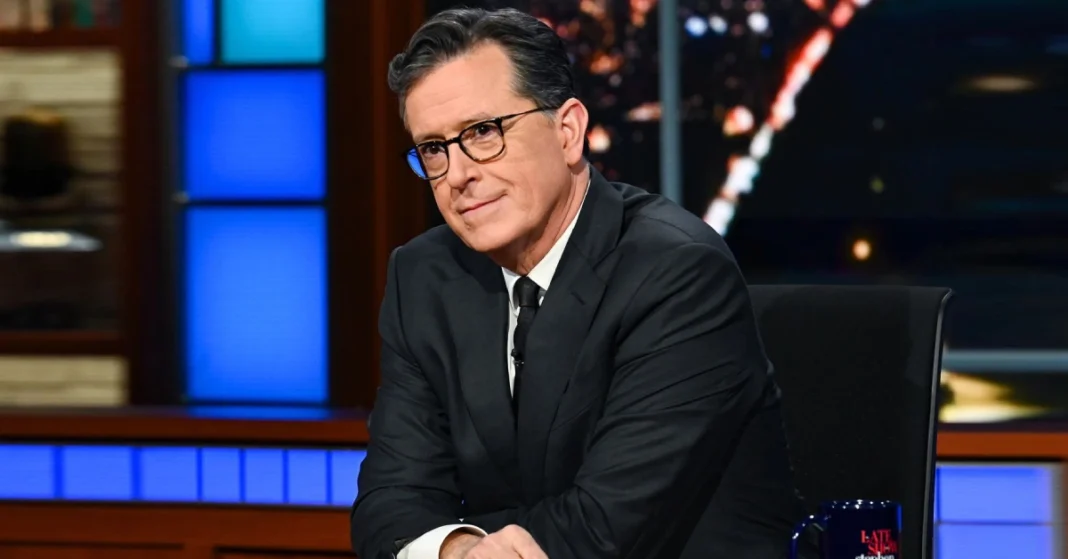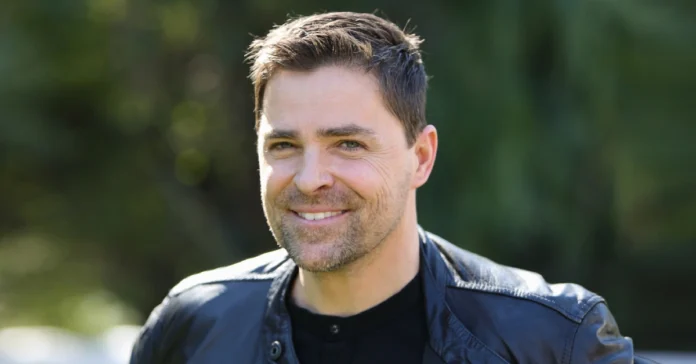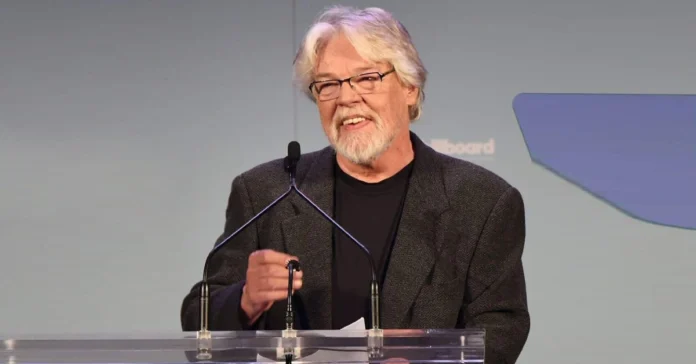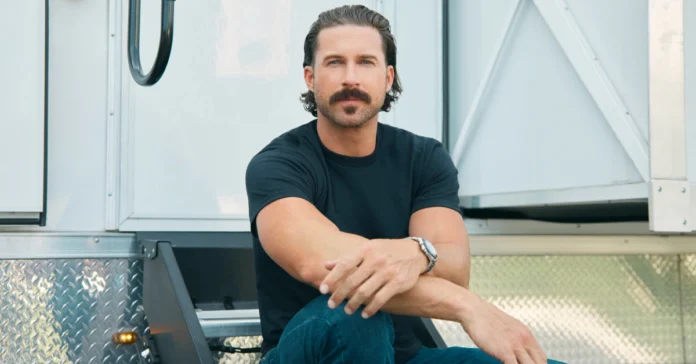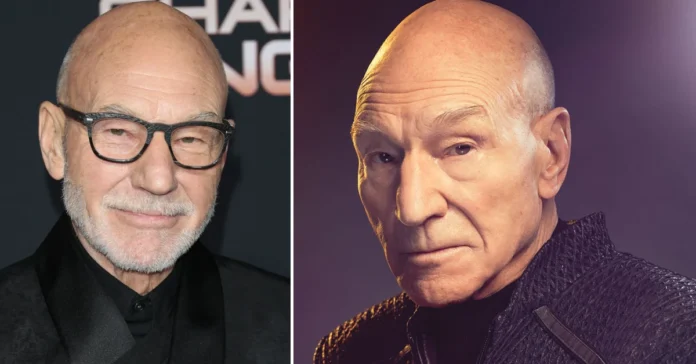Stephen Colbert commands late-night television with sharp wit and political satire that cuts through the noise. The Charleston native transformed from an improv comedian into one of America’s most influential TV personalities, hosting The Late Show with Stephen Colbert on CBS since 2015.
His journey spans decades of comedy evolution. From performing with Chicago’s Second City troupe to creating the character that defined The Colbert Report, he built a career on making politics accessible through humor. Today, millions tune in nightly to watch him dissect current events with a blend of intelligence and heart that sets him apart in the crowded late-night landscape.
Early Life & Comedy Roots
Stephen Tyrone Colbert was born May 13, 1964, as the youngest of eleven children in Washington, D.C., before his family moved to Charleston, South Carolina. Tragedy struck early when his father and two brothers died in a plane crash in 1974. This loss shaped young Stephen’s worldview and sparked his connection to comedy as both shield and sword.
Growing up Catholic in the South, Colbert initially dreamed of marine biology. A damaged eardrum from surgery ended those plans, pushing him toward Northwestern University’s theater program. There, he discovered improvisational comedy—the foundation for everything that followed.
After graduating in 1986, Colbert joined Chicago’s legendary Second City improv troupe. He performed alongside future stars like Steve Carell and Amy Sedaris, honing the quick-thinking skills that would define his career. Those Chicago nights taught him to read audiences, build characters, and find humor in the absurd—skills he’d soon take to television.
Breaking In: The Daily Show & Rise to Fame
Comedy Central changed Colbert’s trajectory in 1997 when he joined The Daily Show as a correspondent. Under Jon Stewart’s mentorship, he perfected the art of deadpan delivery while skewering political hypocrisy. His segments as a clueless field reporter became instant classics, mixing genuine interviews with manufactured ignorance that exposed real truths.
Stewart recognized Colbert’s unique talent for character work. Together, they crafted pieces that went beyond simple jokes, creating commentary that resonated with viewers hungry for substance in their comedy. Colbert’s ability to maintain character while interviewing real politicians and pundits showcased a fearlessness that set him apart from traditional comedians.
The partnership proved transformative for both men. Stewart provided the platform and guidance, while Colbert brought an intensity and commitment that elevated every segment. Their chemistry created television magic, earning The Daily Show critical acclaim and cultural relevance during the Bush administration years.
The Colbert Report Era
In 2005, Colbert launched The Colbert Report, playing a right-wing pundit who parodied cable news blowhards. The character—also named Stephen Colbert—spoke from the gut, championing “truthiness” over facts. This brilliant satire ran for nine years, earning multiple Emmy Awards and changing how Americans consumed political commentary.
The show’s genius lay in its commitment. Colbert never broke character on screen, maintaining the illusion so completely that some conservative viewers believed he was genuinely on their side. His White House Correspondents’ Dinner performance in 2006, roasting President Bush to his face while in character, became legendary for its audacity.
The Colbert Report tackled serious issues through absurdist humor. Whether interviewing authors, politicians, or scientists, Colbert’s character exposed contradictions and challenged guests while appearing to agree with them. The format allowed for deeper commentary than traditional news shows, all while keeping audiences laughing.
Transition to The Late Show
Taking over The Late Show from David Letterman in 2015 meant dropping the character and revealing the real Stephen Colbert. Early episodes struggled as he found his voice without the satirical mask. Critics questioned whether he could succeed playing himself after nearly a decade in character.
The 2016 election changed everything. As political chaos intensified, Colbert found his groove by bringing genuine emotion and moral clarity to late-night. His passionate monologues about Trump, democracy, and American values resonated with viewers seeking both catharsis and comedy. Ratings soared as he became the top late-night host.
The pandemic pushed Colbert to adapt again. Broadcasting from his home, he created intimate shows that connected with isolated audiences. These stripped-down episodes revealed more of his personality—the devoted husband, father, and Tolkien nerd who genuinely cares about his country and viewers.
Personal Life & Behind the Scenes
Colbert married Evelyn McGee-Colbert in 1993 after meeting at the world premiere of Hydrogen Jukebox. She appeared in a Strangers with Candy episode but largely stays out of the spotlight. Together they raised three children—Madeline, Peter, and John—in Montclair, New Jersey, before moving to South Carolina.
Away from cameras, Colbert teaches Sunday school and remains deeply Catholic, though he challenges religious hypocrisy. He’s an avid reader, particularly of fantasy and science fiction, and can quote Tolkien extensively. His genuine nerdiness about Lord of the Rings endears him to fans who see past the TV persona.
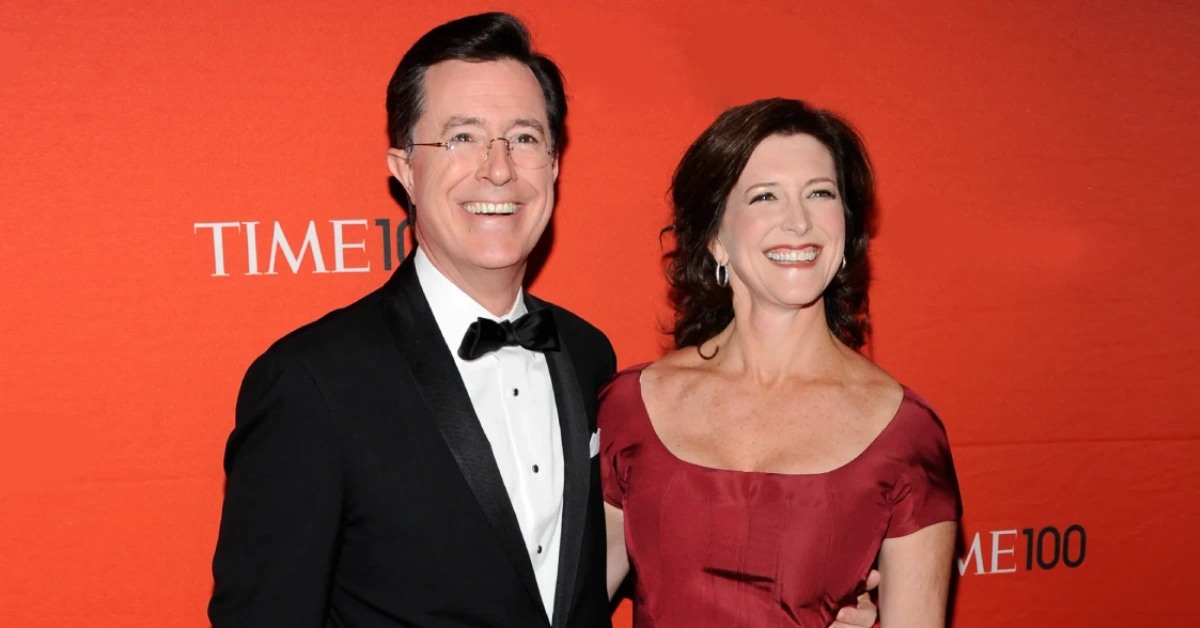
Music plays a huge role in his life. He’s performed with numerous artists on The Late Show, showcasing genuine musical knowledge and enthusiasm. Whether singing with Jon Batiste or jamming with rock legends, these moments reveal the joy he finds in creative collaboration beyond comedy.
Awards, Honors & Legacy
Colbert’s trophy case overflows with recognition. He’s won nine Primetime Emmy Awards, two Grammy Awards, and three Peabody Awards. The Mark Twain Prize for American Humor and the Kennedy Center Honors acknowledge his broader cultural impact beyond television ratings.
Universities regularly invite him to speak at commencements, where he delivers moving addresses about failure, loss, and finding purpose. His 2006 Knox College speech and 2011 Northwestern address became viral sensations for their wisdom wrapped in humor. These moments showcase his ability to inspire while entertaining.
His influence extends beyond awards. Young comedians study his commitment to character and willingness to tackle difficult subjects. Political scientists credit him with increasing youth engagement in politics through accessible satire. The “Colbert Bump”—increased book sales after author appearances—demonstrates his cultural sway.
Stephen Colbert Today
Current Projects
Colbert continues dominating late-night television with The Late Show, consistently leading ratings while tackling increasingly complex political landscapes. His monologues blend humor with genuine concern, offering viewers both escape and engagement. Recent episodes feature deeper dives into Supreme Court decisions, climate change, and social justice issues.
Beyond the desk, Colbert produces content through his company, Spartina Productions. He’s developed animated series, documentaries, and comedy specials that expand his creative reach. His podcast appearances and surprise collaborations keep him connected to younger audiences discovering him beyond traditional TV.
What’s Next in 2025
Looking ahead, Colbert shows no signs of slowing. CBS extended his contract through 2026, ensuring stability for The Late Show. Rumors suggest he’s developing a streaming project that would allow longer-form storytelling outside network constraints. His production company continues shopping for new concepts for various platforms.
Book projects remain close to his heart. Following successful releases like I Am America (And So Can You!), he’s reportedly working on more written content. Whether memoir or satire, fans eagerly await his next literary venture.
Why He Matters: Colbert’s Cultural Footprint
Stephen Colbert redefined political satire for the digital age. His fearless approach to calling out hypocrisy, regardless of party affiliation, set new standards for comedy’s role in democracy. By making complex issues accessible through humor, he’s educated millions while keeping them entertained.
His evolution from character to authentic self mirrors America’s own struggles with truth and identity. The journey from The Colbert Report’s satirical conservative to The Late Show’s progressive voice tracks the nation’s political shifts. Through it all, he’s maintained integrity and humanity that transcends partisan divisions.
Future comedians will study Colbert’s career as a master class in adaptation and authenticity. He proved you can be silly and serious, entertaining and educational, profitable and principled. In an era of cynicism, Stephen Colbert reminds us that laughter and hope can coexist—and sometimes, they’re the same thing.
